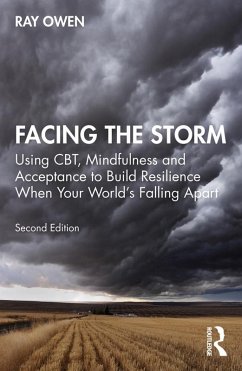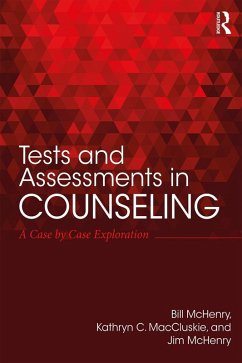
Bad Psychology (eBook, ePUB)
How Forensic Psychology Left Science Behind

PAYBACK Punkte
8 °P sammeln!
For decades the psychological assessment and treatment of offenders has run on invalid and untested programmes. Robert A. Forde exposes the current ineffectiveness of forensic psychology that has for too long been maintained by individual and commercial vested interests, resulting in dangerous prisoners being released on parole, and low risk prisoners being denied it, wasting enormous amounts of public money. Challenging entrenched ideas about the field of psychology as a whole, and how it should be practised in the criminal justice system, the author shows how effective changes can be made fo...
For decades the psychological assessment and treatment of offenders has run on invalid and untested programmes. Robert A. Forde exposes the current ineffectiveness of forensic psychology that has for too long been maintained by individual and commercial vested interests, resulting in dangerous prisoners being released on parole, and low risk prisoners being denied it, wasting enormous amounts of public money. Challenging entrenched ideas about the field of psychology as a whole, and how it should be practised in the criminal justice system, the author shows how effective changes can be made for more just decisions, and the better rehabilitation of offenders into society, while significantly reducing the cost to the taxpayer.
This is a fearless account calling for a return to scientific evidence in the troubled field of forensic psychology.
This is a fearless account calling for a return to scientific evidence in the troubled field of forensic psychology.
Dieser Download kann aus rechtlichen Gründen nur mit Rechnungsadresse in A, D ausgeliefert werden.













